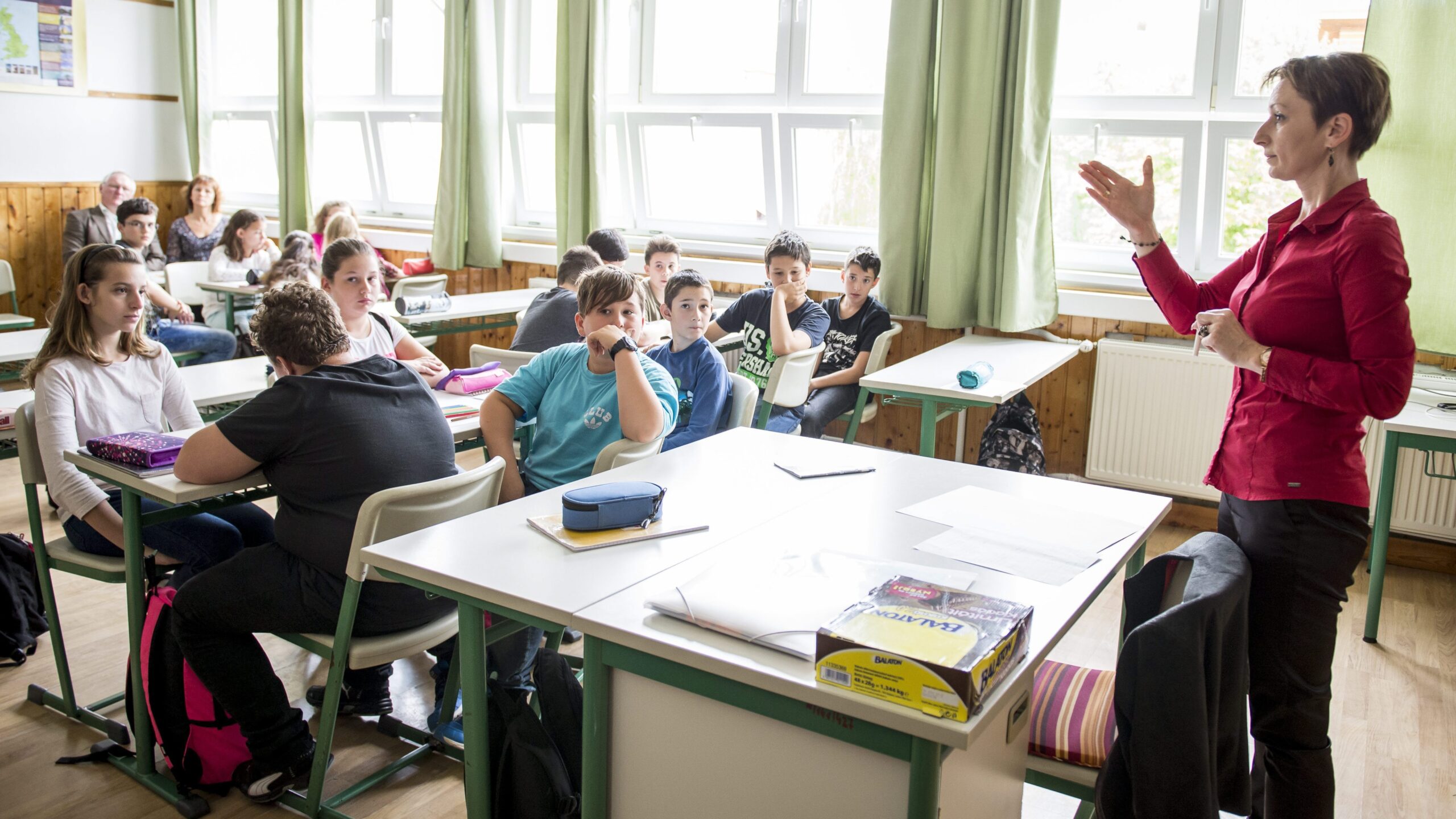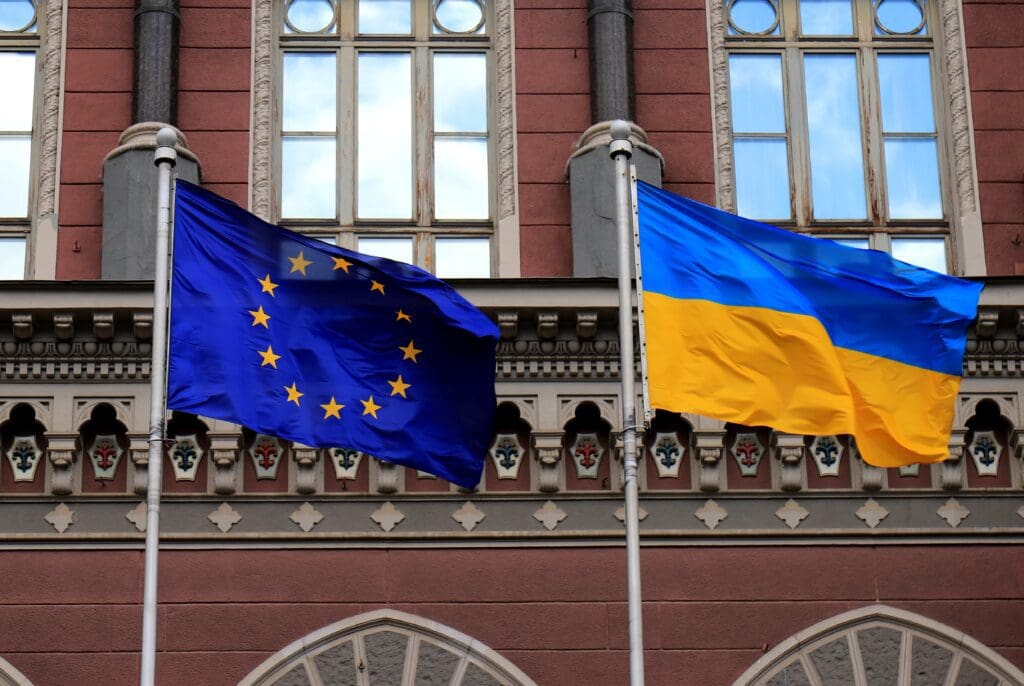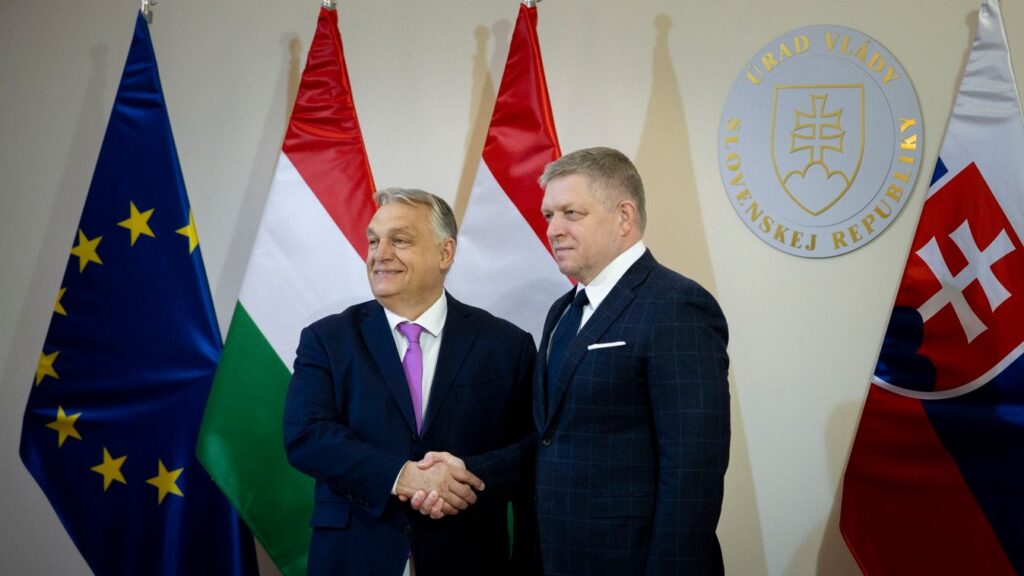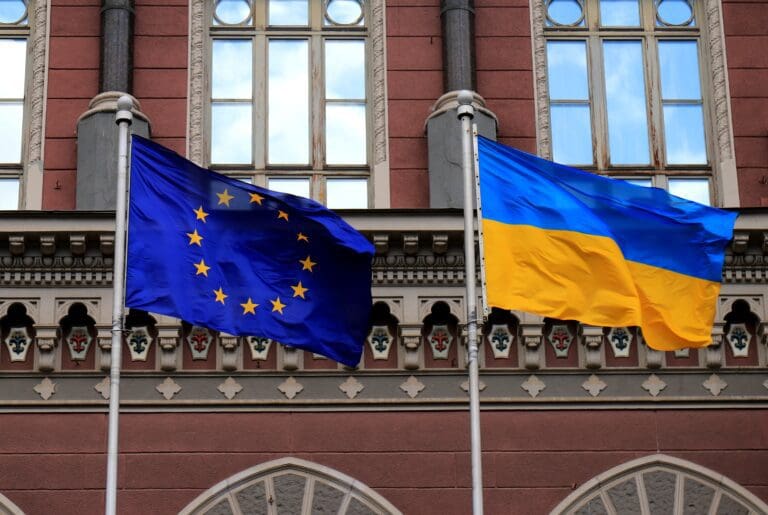A significant salary increase for teachers is set to take place in 2025, announced the Secretary of State for Public Education at the Ministry of the Interior on Thursday in Budapest.
At a ceremony welcoming the heads of public education institutions run by district centres, Zoltán Maruzsa highlighted that the government’s measure is expected to eliminate staff shortages and allow teachers to focus more on their professional duties.
‘With a steady supply of new talent, selection becomes possible, and it is necessary because we need the best colleagues,’ the Secretary of State emphasized, adding that based on university admission figures, it is evident that the issue of staffing in public education will be resolved.
Teacher training programmes were among the most popular fields in this year’s admissions, Maruzsa pointed out, noting that many students opted for shorter cycle courses, and these students will enter the profession within one to one and a half years. The Secretary of State also reminded that the government has committed to maintaining the elevated salary levels until 2030, guaranteeing that no one’s pay will decrease. He also highlighted that school principals will have greater opportunities to differentiate between educators. Good performance can be recognized, and weaker performance can be reflected in salaries, he explained, urging principals to make use of this tool.
‘As leaders and school directors it is indeed our task to recognize the differences between our colleagues and to reward those who contribute more,’
he stated. Maruzsa also noted, however, that salary increases alone will not bring about change. Professional measures are also needed to see results. He underscored that in the new system school districts will set performance goals for the heads of schools, and their performance will be assessed annually. He urged colleagues not to fear evaluation, as regular assessments are far better than receiving feedback only once every five years regarding expectations, goals, and the effectiveness of their work. The Secretary of State also announced that the fee paid in recognition of leadership duties has also been increased and will continue to rise in the coming period.
Zoltán Maruzsa thanked the institution leaders for their perseverance, patience, and dedication to making their schools ‘good schools.’ He also recalled that it has not been easy to be a school director in recent times, with challenges such as the pandemic, protests, strikes, workforce issues, and financial and infrastructural difficulties. ‘I hope the upcoming period will be calmer,’ he added.
Gabriella Hajnal, President of the Klebelsberg Centre, spoke about the ‘enormous potential’ in Hungarian public education, noting that many talented teachers are working across the country. The results of international academic competitions ‘speak for themselves,’ she emphasized. She added that school directors have sufficient autonomy, giving them the opportunity to ‘dare to dream big and to realize those dreams.’
Related articles:








